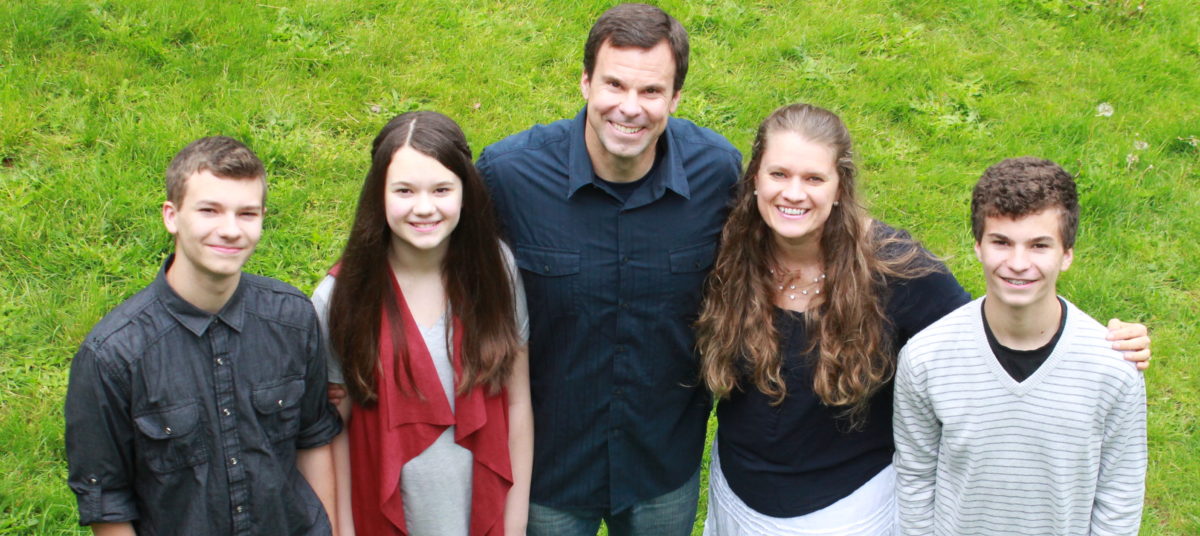Hi friends, I just finished an excellent book perhaps you’ve heard of by Steve Corbett and Brian Fikkert called “When Helping Hurts – How to Alleviate Poverty without Hurting the Poor… and Yourself.” While I don’t have time here to detail the entire book, I’ll share a few highlights.
Story told by African leader: Elephant and mouse were friends and decided to throw a party. Animals came, they ate, drank and danced, elephant most of all. Afterward, elephant thought it was best party ever, but could not find his mouse friend. Finally found, but in horror he looked and saw his friend’s little body ground into the dirt. Mouse did not speak. He’d been smashed by big feet of elephant. The African storyteller said, “Sometimes that is what it is like to do missions with you Americans. It is like dancing with an elephant.” (p.162)
But because of sin, these four foundational relationships were broken:
- Relationship with God -led to poverty of spiritual intimacy (denying God’s existence and authority, materialism, worshipping false gods and spirits.)
- Relationship with self – poverty of being (god-complexes on one side, or low self-esteem on the other.)
- Relationship with others – poverty of community (self-centeredness, exploitation and abuse of others.)
- Relationship with the rest of creation – poverty of stewardship (loss of sense of purpose, laziness/workaholics, materialism, ground is cursed.) (61)
Material def. of poverty + God-complex of non-poor + inferiority of poor = harm to poor and non-poor.
Poverty alleviation works to reconcile each of these four relationships.
We are all broken and poor in various aspects. When we realize this, we begin down the road to helping rather than hurting the poor… and ourselves.
Material poverty alleviation: Working to reconcile the four foundational relationships so that people can fulfill their callings of glorifying God by working and supporting themselves and their families with the fruit of that work.
One of the biggest mistakes made is applying relief (urgent, temporary provision of emergency aid to reduce immediate suffering from crisis) in situations where rehabilitation (restore people to precrisis conditions, working WITH people instead of TO/FOR people) or development (ongoing change empowering people toward right relationships in all four sectors – lifelong process, not two week product) is the appropriate intervention. Must determine stage of assistance needed (most times development is the need, but we treat with relief). Offering physical relief where development is needed actually harms the struggling person. (105)
We must include the affected people in every step of the process, giving them ownership and getting their input, thus working developmentally. Avoid paternalism, do not do things for people that they can do for themselves (including coming up with ideas and advice, doing projects they can do, planning and directing initiatives). (115)
Asset based community development is vital for poverty alleviation. Focuses on what the poor have, not what they need, addressing what is going right, what gifts, skills, resources God has given them. Look inside the community instead of outside for the solutions. Gives them dignity, creates sustainable systems. (126)
Failure to remember these principles, especially with projects such as short term mission trips, will lead to harm for everyone.
Pressing on, growing as I go, by God’s grace. Eric
